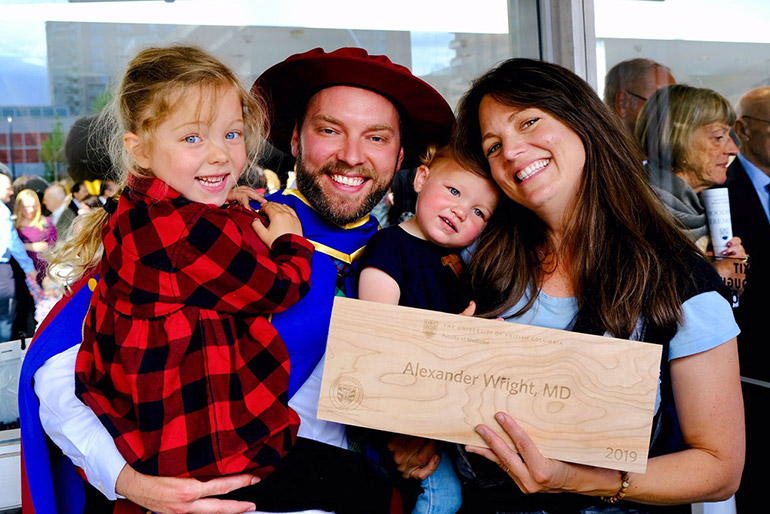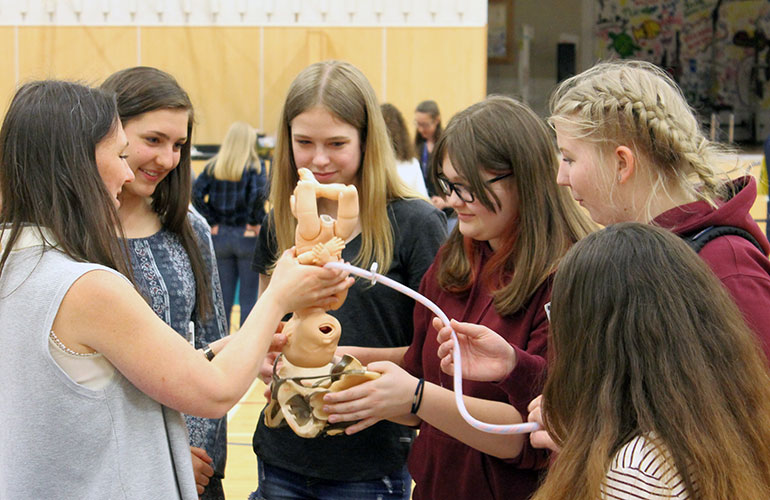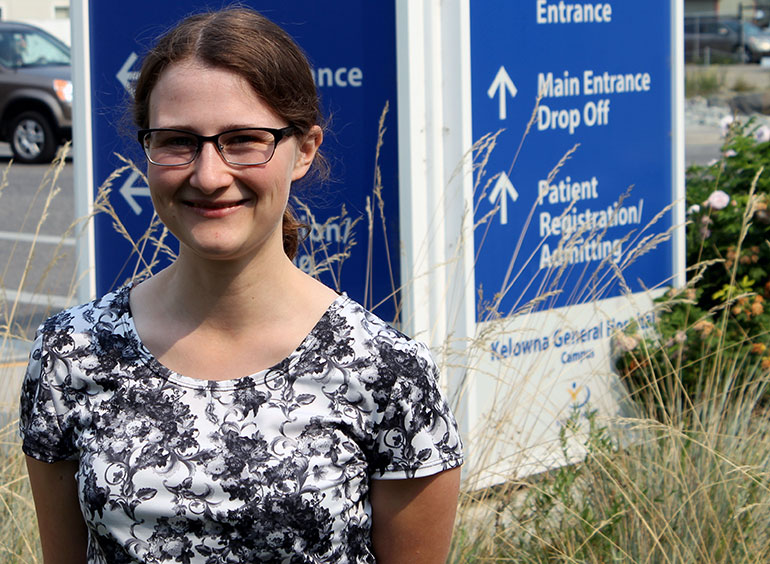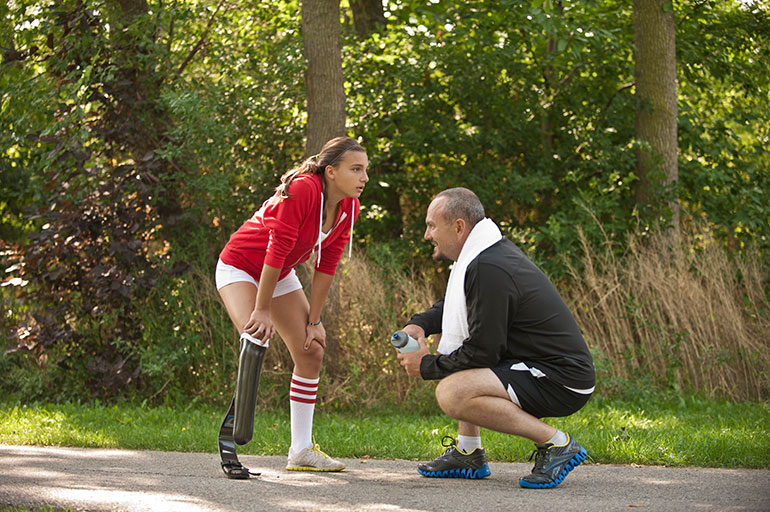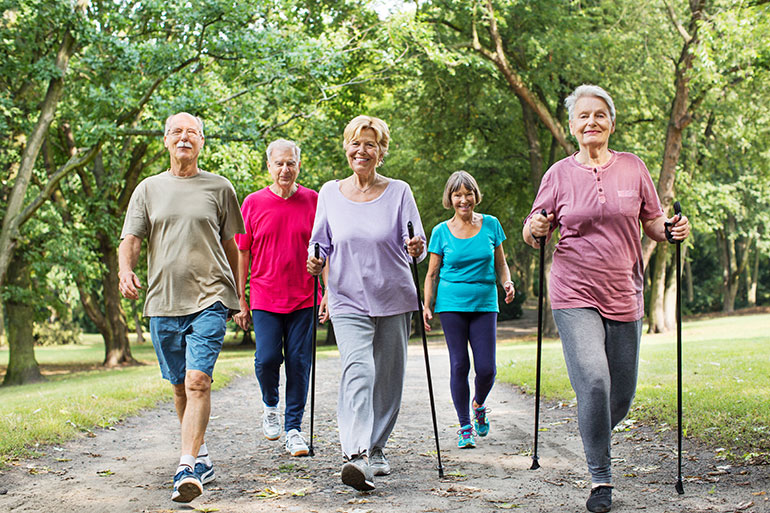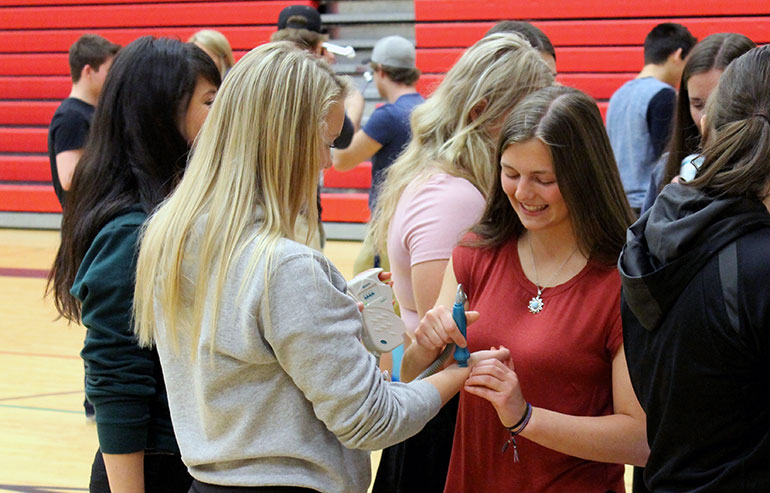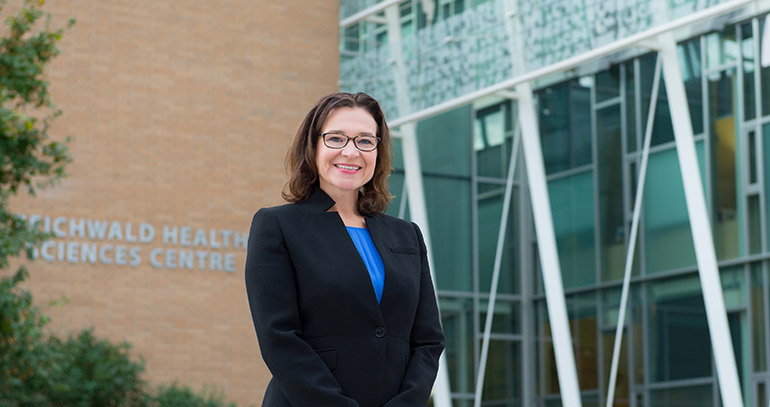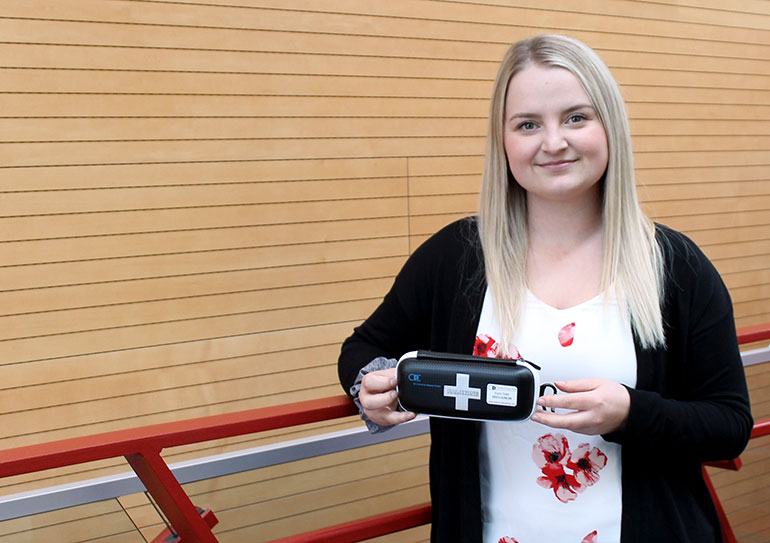
Ariel Smith, a second-year medical student, recently launched Okanagan Naloxone Training and provides free workshops on how to deal with an opioid overdose.
Medical student hosts opioid overdose prevention workshop
What: Free naloxone training and education workshop
Who: Southern Medical Program student, volunteers with Okanagan Naloxone Training
When: Monday, November 25 at 6 p.m.
Where: UBC Okanagan, room RHS 260, Reichwald Health Sciences Centre, 1088 Discovery Ave., Kelowna
Ariel Smith, a Southern Medical Program student at UBC Okanagan has seen first-hand the impacts of the opioid overdose crisis on Okanagan communities.
During the height of BC’s public health emergency in 2016, Smith volunteered as part of the naloxone training team with Helping Out People Exploited (HOPE) Outreach—an organization that supports homeless and exploited women in downtown Kelowna and Vernon.
For a year and a half, Smith visited homeless shelters and downtown locations. There, using naloxone kits, she trained some of the most vulnerable populations how to prevent opioid overdoses and save lives. Naloxone, if used promptly, can reverse the effects of an overdose from narcotics such as fentanyl or OxyContin.
While volunteers made great strides in education and training in the downtown cores, Smith quickly realized the general public was still largely unaware of the risk factors and how they could potentially help in an emergency.
“Through conversations with family and friends, I recognized a huge knowledge gap still existed in our community,” says Smith. “Especially, considering the majority of opioid overdose deaths in BC happen to people living inside a private residence.”
Now in her second year of studies at UBCO, Smith recently launched Okanagan Naloxone Training as part of the Faculty of Medicine’s FLEX (flexible and enhanced learning) course.
In partnership with HOPE Outreach, Smith offers free naloxone training sessions to people, businesses and volunteer organizations in the Okanagan.
“There is still a large stigma associated with opioids and naloxone training,” says Smith. “In our workshops, we create a safe learning environment for people to ask questions, learn to recognize the signs of an overdose and practice with real equipment.”
Smith is organizing an event at UBCO on November 25. Each participant receives hands-on training, a certificate of completion and a free naloxone kit. This event is free and open to the public. To register, email: hello@oknaloxone.ca
For more information about Okanagan Naloxone Training, visit: oknaloxone.ca
About UBC's Okanagan campus
UBC’s Okanagan campus is an innovative hub for research and learning in the heart of British Columbia’s stunning Okanagan Valley. Ranked among the top 20 public universities in the world, UBC is home to bold thinking and discoveries that make a difference. Established in 2005, the Okanagan campus combines a globally recognized UBC education with a tight-knit and entrepreneurial community that welcomes students and faculty from around the world.
To find out more, visit: ok.ubc.ca

